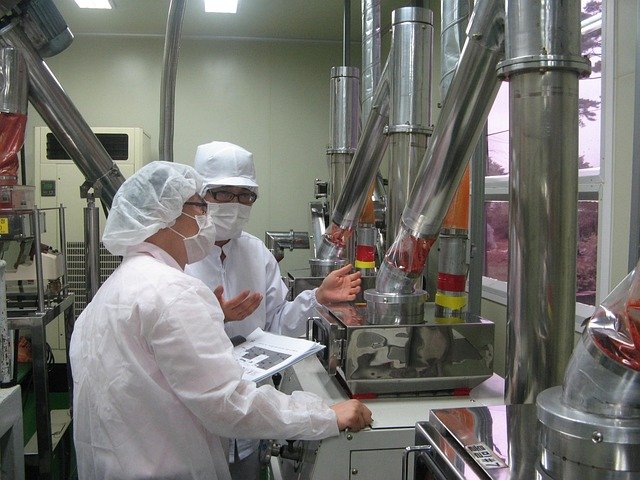Quantum Sensing: Revolutionizing Industrial Quality Control
Quantum sensing is poised to transform industrial quality control, offering unprecedented precision and efficiency in manufacturing processes. This cutting-edge technology harnesses the principles of quantum mechanics to detect minute changes in physical properties, enabling manufacturers to identify defects and irregularities with unparalleled accuracy. As industries strive for ever-higher quality standards, quantum sensing emerges as a game-changing solution that could redefine production norms and elevate product integrity across sectors.

Quantum Sensors in Manufacturing
The application of quantum sensors in manufacturing environments is revolutionizing quality control processes. These sensors can be integrated into production lines to perform real-time, non-destructive testing of materials and components. For instance, in the semiconductor industry, quantum magnetometers can detect nanoscale defects in chip fabrication, ensuring the integrity of each microprocessor. Similarly, in the automotive sector, quantum accelerometers can identify minute imbalances in engine components, leading to more reliable and efficient vehicles.
Enhanced Defect Detection and Material Characterization
One of the most promising aspects of quantum sensing in quality control is its ability to detect defects that are invisible to traditional inspection methods. Quantum-based imaging techniques can reveal structural flaws in materials at the molecular level, allowing manufacturers to identify and address issues before they escalate into product failures. This capability is particularly valuable in industries such as aerospace and defense, where the consequences of undetected defects can be catastrophic.
Optimizing Production Processes
Beyond defect detection, quantum sensors are driving improvements in process optimization. By providing real-time data on material properties and environmental conditions, these sensors enable manufacturers to fine-tune their production parameters continuously. This level of control leads to more consistent product quality, reduced waste, and increased overall efficiency. For example, in the pharmaceutical industry, quantum sensors can monitor the crystallization process of drugs, ensuring optimal purity and efficacy of the final product.
Challenges and Implementation Considerations
While the potential of quantum sensing in quality control is immense, its widespread adoption faces several challenges. The technology is still in its early stages, and many quantum sensors require extremely controlled environments to function optimally. Additionally, the cost of implementing quantum sensing systems can be prohibitive for smaller manufacturers. However, as research progresses and economies of scale come into play, these barriers are expected to diminish.
Practical Insights for Implementing Quantum Sensing in Quality Control
• Start small: Begin with pilot projects in critical areas of your manufacturing process to demonstrate value and gain organizational buy-in.
• Collaborate with experts: Partner with research institutions or specialized companies to access the latest quantum sensing technologies and expertise.
• Invest in training: Develop a workforce capable of operating and maintaining quantum sensing equipment through targeted education programs.
• Integrate with existing systems: Ensure that quantum sensing data can be seamlessly incorporated into your current quality management systems for maximum impact.
• Plan for scalability: Design your quantum sensing implementation with future expansion in mind, allowing for easy integration across multiple production lines or facilities.
As quantum sensing technology continues to mature, its impact on industrial quality control is set to grow exponentially. By providing unprecedented insight into material properties and production processes, quantum sensors are enabling manufacturers to achieve new levels of product quality and reliability. While challenges remain, the potential benefits of this technology are too significant to ignore. Forward-thinking companies that embrace quantum sensing today will be well-positioned to lead their industries in the quality revolution of tomorrow, setting new standards for excellence in manufacturing and product integrity.






